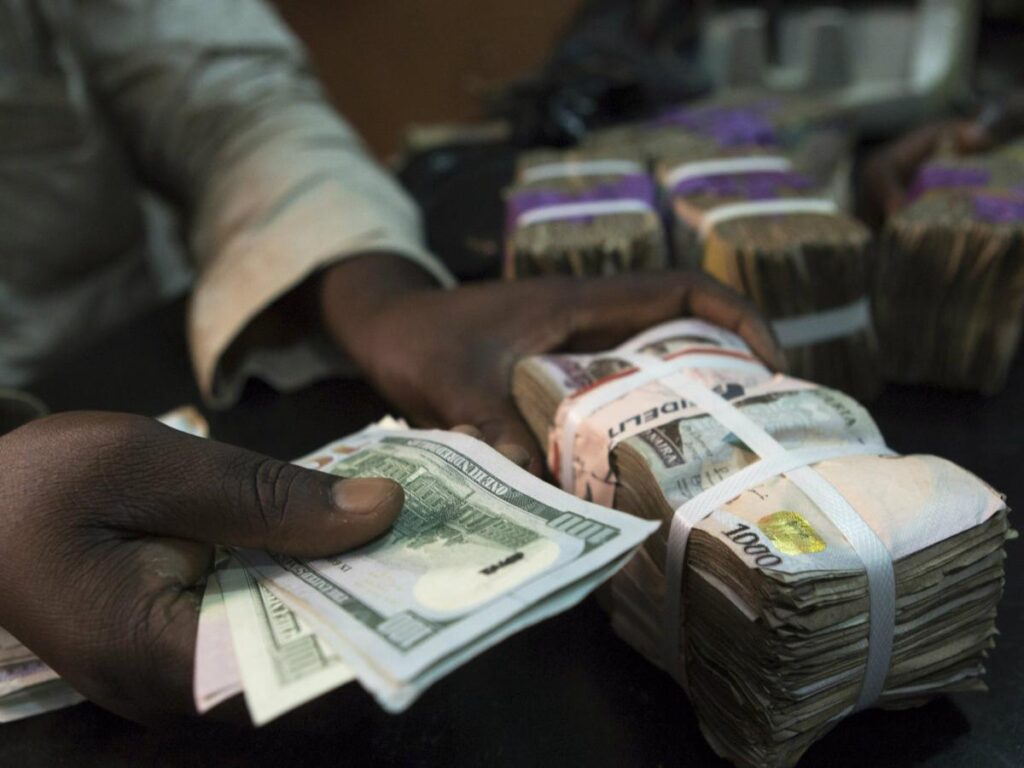[ad_1]
By Lawal Nasir
In February 2024, the Central Bank of Nigeria (CBN) released a circular to all Bureau De Change (BDC) operators and stakeholders in the financial service industry, seeking their comments/inputs on the ‘Revised regulatory and supervisory guidelines for Bureau De Change operators in Nigeria – Exposure Draft’.
The highlight of the draft, which spread across some 50 pages, was that BDC operators would be required to have a new capital base: N2bn for Tier-1 (i.e. those wishing to have a licence that will allow them operate nationwide) and N500m for Tier-2 (those wishing to operate in one state).
BDC operators and other stakeholders with comments were asked to forward them to the Director, Financial Policy and Regulation Department, Central Bank of Nigeria, Abuja with soft copies mailed to
PolicyandRegulationDivision@cbn.gov.ng by March 4, 2024.
In May 2024, two months after all comments and inputs by all stakeholders must have reached the CBN, the apex bank ordered all existing BDC operators in the country and promoters of new entrants to reapply for new operating licenses of their choice. The CBN also issued a six-month deadline (November 2024) for the BDCs to meet the minimum capital requirements for the license category applied for from the effective date of the guidelines.
In November 2024, the President, Association of Bureaux De Change of Nigeria (ABCON) Aminu Gwadebe informed that the CBN had extended the deadline by six months (i.e. from November 2024 to June 3, 2025), pointing out that some BDCs have already started complying with the CBN directive. “The CBN is willing to partner with BDCs to ensure that the recapitalisation process is seamless. We are sending a message of unity, collaboration, and opportunities to ABCON members to continue to strive to ensure they meet the new capital requirements. We thank the CBN for listening and giving us a six-month extension,” he said during the virtual general meeting with members of the association in November.
Gwadabe also informed the meeting, which was attended by over 220 CBN-licenced BDCs, ABCON council members, and other stakeholders, that the deadline applied to existing BDCs, while new operators seeking licences have an indefinite timeline to get their licences. He pointed out that opportunities in the recapitalisation exercise were immeasurable, with great opportunities, hence the need for all BDC operators to brace up.
However, it is worth noting that the new CBN recapitalization had faced some push backs in the beginning. For instance, the ABCON president had, during a panel session at an economic discourse organised by Vanguard Newspapers in Lagos State in May 2024, spoken against the new requirement, saying it was “against international best practices”, lamenting how the capital base for BDCs was increased from N10 million to N35 million in 2014 and how it was now being raised from N35 million to N500 million and N2 billion.
When it was clear that the CBN was determined to push through with its foreign exchange reform, the same ABCON, which had earlier gone as far as listing the United Kingdom, Uganda, and India as countries with lower capital base for BDCs, to begging for an extension of the deadline. He said many operators would have to close shop if the deadline was not extended and that millions will lose their jobs and means of livelihood. Speaking on the outcome of their recent meeting with stakeholders in Lagos, Gwadabe noted that the recapitalisation deadline is sacrosanct even as he said that some issues are still under discussion with “higher hopes of reaching a win-win situation.”
Sadly, in an apparent move to cause confusion, some media houses went to town with the unconfirmed story that the CBN had further extended the recapitalization deadline of the BDC operators from June 3 to December 31, 2025, forcing the apex bank to issue a rebuttal.
In a statement issued by CBN acting Director, Corporate Communications Department, Mrs. Hakama Sidi Ali, the apex bank denied approving an extension of the deadline to December 31, 2025, describing the information as false and misleading. She urged the public, and media platforms, and all stakeholders to consistently verify information directly from official CBN sources, such as the bank’s website and authorised communication channels, before publishing or sharing news about the bank and its regulatory directives.
We all must appreciate the fact that the BDC recapitalisation exercise is necessary because BDCs are an integral part of Nigeria’s foreign exchange market. Right now, very few of them have the capacity to operate optimally and effectively, particularly with regards to remittances and transfers. Indeed, a lot of underhand dealings and money laundering activities are being enabled by unlicensed BDC operators and without any form of records. Many use these BDCs to convert illicit funds into foreign currencies outside of our financial system, making it possible to carry out nefarious acts of economic sabotage, including funding terrorism.
Today, many carry huge amount of cash to road side BDC operators where they convert them into foreign currency because the foreign currencies are easier to hide. But through the recapitalisation exercise, BDCs with adequate capital will be able to invest in technology, infrastructure, and human capital. Above all, it will encourage BDCs to operate within regulatory guidelines, promote transparency and accountability, even as unhelpful speculation in the forex market will reduce to a large extent.
– Nasir writes from Abuja
Do you want to share a story with us? Do you want to advertise with us? Do you need publicity for a product, service, or event? Contact us on WhatsApp +2348183319097 Email: platformtimes@gmail.com
We are committed to impactful investigative journalism for human interest and social justice. Your donation will help us tell more stories. Kindly donate any amount HERE




